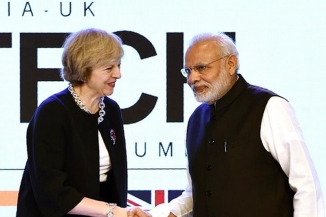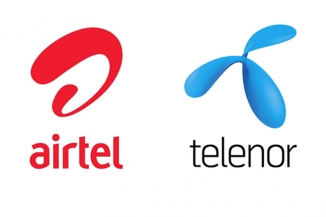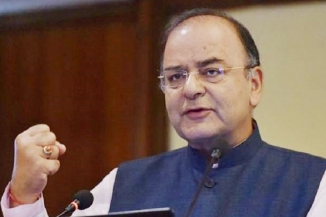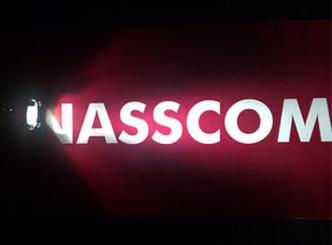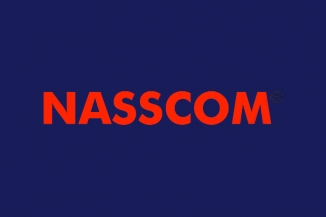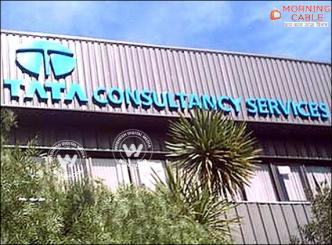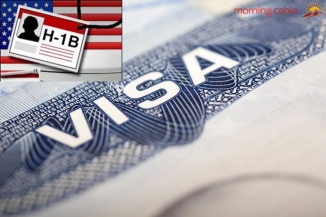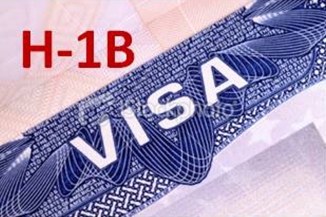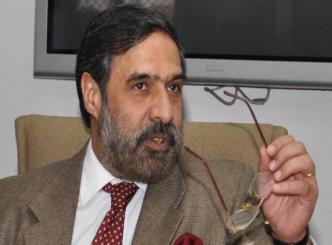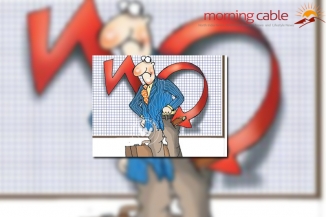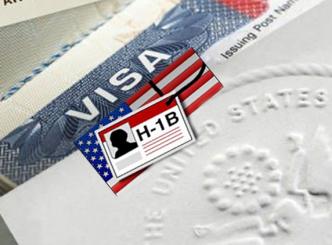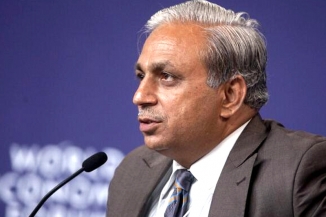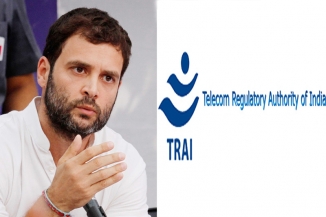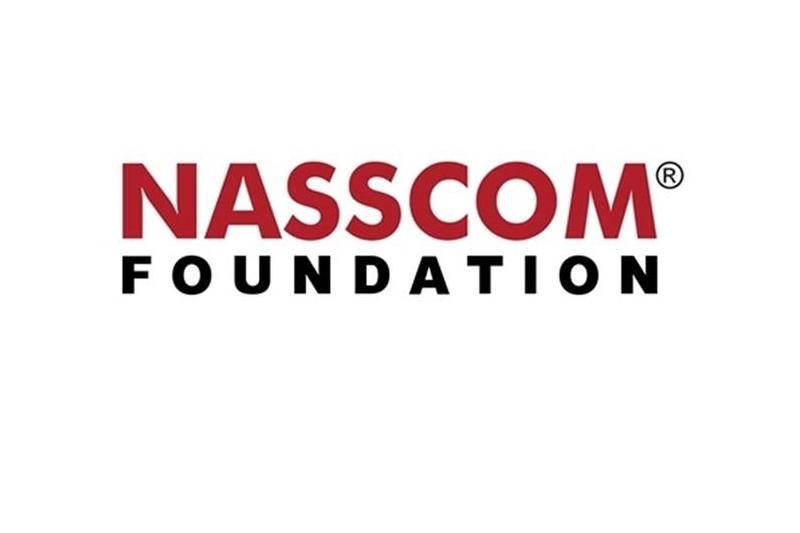
Tech stocks took a beating and the National Association of Software and Services Companies (NASSCOM) had said that the US Bill that proposes the High-Skilled Integrity and Fairness Act of 2017 to more than double the minimum wages for H1B workers from the current $60,000 to $130,000 and to prevent the high skill jobs from going to non-US citizens, will pose a big challenge to the Indian information technology sector.
The Zoe Lofgren Bill, introduced in the US House of Representatives, it does pose danger to the Indian IT companies which has the largest share of the 65,000 H1B work visas issued by the US every year, NASSCOM said in an official statement.
“The Lofgren Bill contains provisions that may prove challenging for the Indian IT sector and will also leave loopholes that will nullify the objective of saving American jobs,’’ NASSCOM said.
“Since the rationale for the administration and the legislative wing is to protect job opportunities for Americans, our strong suggestion is that they should carefully calibrate the conditions keeping in mind the skill shortage in the US,’’ NASSCOM president R Chandrashekhar said in a statement.
“The Bill does not treat all IT service companies with H-1B visa holders equally, and the provisions are biased against H-1B dependent companies. The higher wage level would have ripple effects for many other industries including nursing, engineering, life sciences, and others,’’ Nasscom said.
“The Section 6 clause in the Bill aims to give preference to H1B visas sponsor companies which are giving higher wages to the applicants. We note that companies like Apple, Google pay much higher compared to Indian IT counterparts as they are product companies and recruit a much creamy skill set through H1B visas. As per this clause, these vendors would have a better chance in getting H1B visas as per this process in the Bill. Hence, removal of random lottery and introduction of market-wage based criteria for shortlisting can be a serious risk in our view,” Madhu Babu, research analyst-institutional equities at brokerage house Prabhudas Lilladher said.
“From the Indian companies’ perspective, it could mean that the wage limit will have to be doubled, but from a US company’s point of view, it could mean that shortage of talent could be there. I think Indian companies are still looking to see how their projects are impacted, but one of the options they may be forced to look at could be to hire more local talent in those countries,” said Surabhi Marwaha, Tax Partner, EY India.
“Overall sentiment on the Indian IT companies of this would be negative, but one alternative going ahead for them could be resorting to automation. Of course, they will have to see what jobs can be replaced by automation, and take a call accordingly,” an analyst with a domestic brokerage said.
“Depending on the companies, they could easily witness around 60-70% rise in the salaries of the H-1B visa dependent workforce, and hence have significant impact on the net profit of the companies. However, the Bill is yet to be passed and most of the companies are looking at mitigating the risk through increasing local recruitment, more off-shoring, moving offices to low-cost states. Thus, the real impact will be difficult to pin down and would depend upon the time when it actually gets implemented… which, according to us, could take time,” said Sarabjit Kour Nangra, vice-president research-IT, Angel Broking.
By Premji







